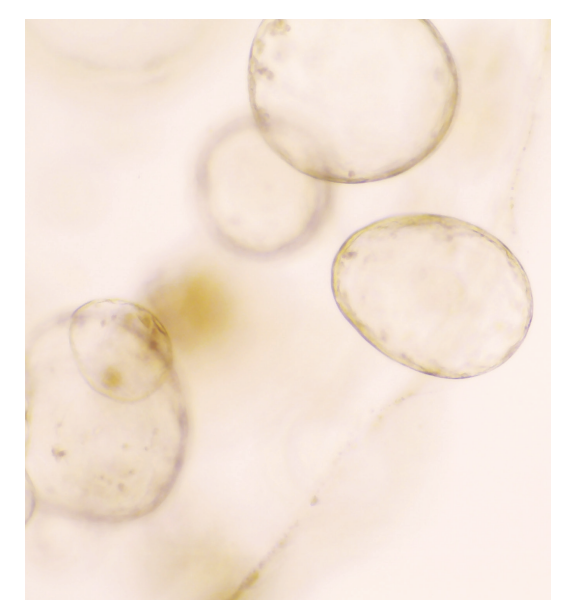Article highlights & insights
Epigenetic therapies hold promise in the treatment of myeloid malignancy but few targets have been identified and evaluated. Our observations delineate the histone demethylase KDM1A as an enzymatic target to effect downregulation of the MLL-associated oncogenic program and cellular oncogenic potential. The finding that potent pharmacologic inhibitors of KDM1A abrogate clonogenic potential and induce differentiation of both murine and primary human MLL leukemia cells, both in vitro and in vivo, while sparing normal repopulating cells, provides strong evidence for a possible therapeutic window. Our data suggest that KDM1A is a candidate target for differentiation therapy in the MLL molecular subtype of human myeloid leukemia and mandate evaluation of KDM1A inhibition as a therapeutic strategy more generally in myeloid malignancy.
Epigenetic therapies hold promise in the treatment of myeloid malignancy but few targets have been identified and evaluated. Our observations delineate the histone demethylase KDM1A as an enzymatic target to effect downregulation of the MLL-associated oncogenic program and cellular oncogenic potential. The finding that potent pharmacologic inhibitors of KDM1A abrogate clonogenic potential and induce differentiation of both murine and primary human MLL leukemia cells, both in vitro and in vivo, while sparing normal repopulating cells, provides strong evidence for a possible therapeutic window. Our data suggest that KDM1A is a candidate target for differentiation therapy in the MLL molecular subtype of human myeloid leukemia and mandate evaluation of KDM1A inhibition as a therapeutic strategy more generally in myeloid malignancy.




